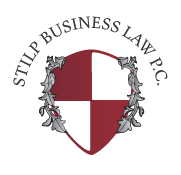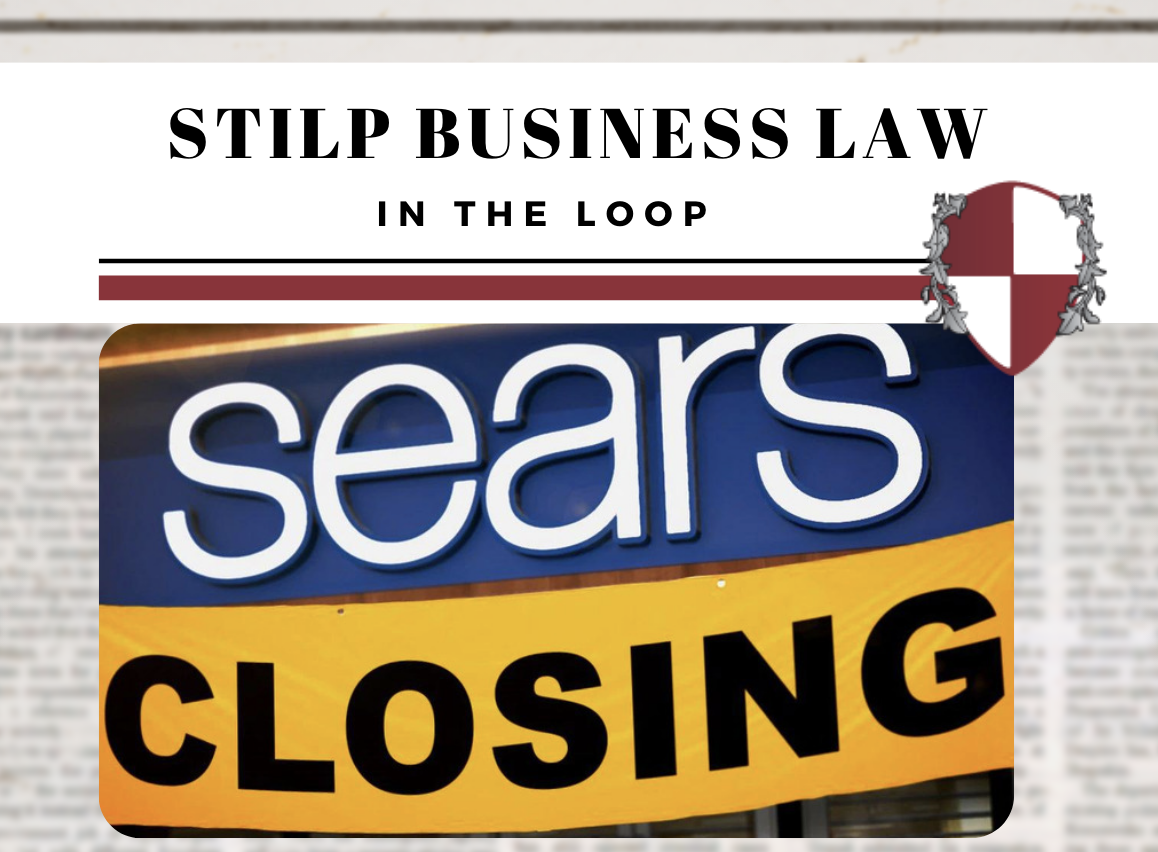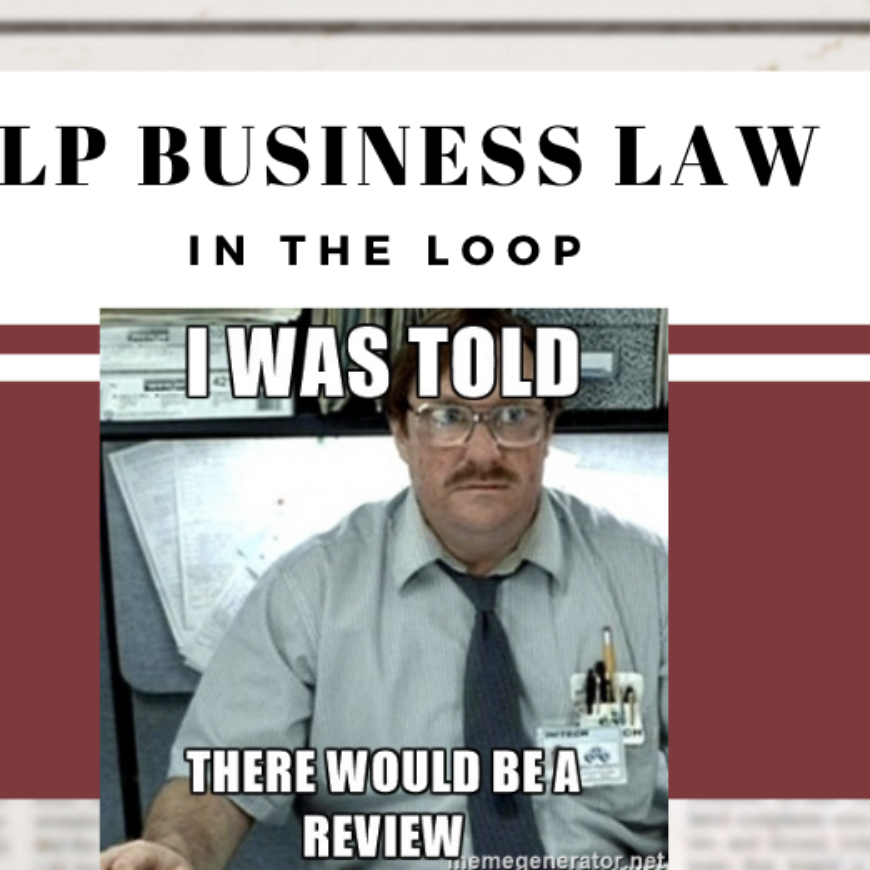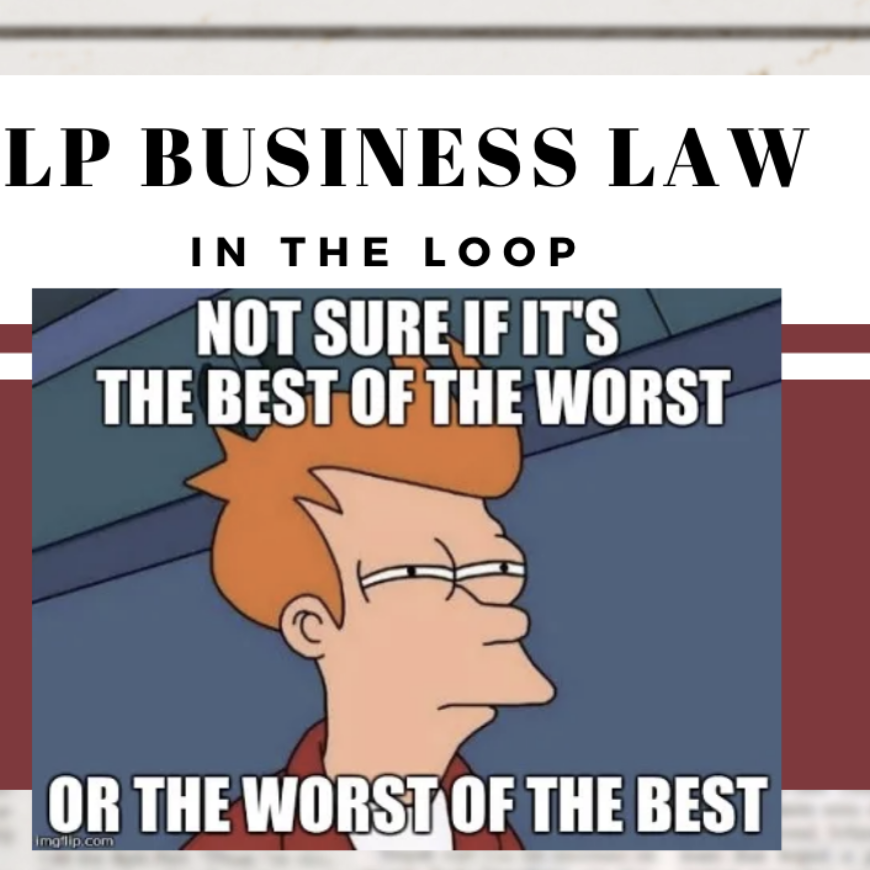Tom Stilp, JD, MBA/MM, LLM, MSC
A recent Chicago Tribune article is entitled: “Sears to close last Illinois store.” (Chi Trib. 9-17-2021, Sec. 2, p. 5, col. 1). From the “World’s Largest Store,” the call sign of “WLS Radio” in Chicago, to nothing.
What does Sears have to do with trials? Plenty. The same mistakes that Sears executives made are the same mistakes that some trial lawyers make with devastating effects on their client’s case.
“Looking back on it, my judgment was often terribly wrong . . . Unfortunately, I was never in doubt.” (Hayward, M. et al. (2006). A Hubris Theory of Entrepreneurship, Management Science, 52, 160.)
Bravado. Overconfidence. Hubris. The ancient Greeks believed that hubris was the worst of sins, and those who lacked humility deserved to be struck down by the gods.
Sears never hired a consultant. No outsider could ever tell Sears anything of value. “Searsmen” did not attend tradeshows or conferences, believing themselves superior industry salesmen. The greatest expression of hubris was the 110-story “Sears Tower” in Chicago commissioned during the 1960s. Sears CEO in the 1960s stated that by 2000, all 110 floors would be occupied by Sears. In reality, Sears vacated the “Willis Tower” in 1995. (The above is based on a summary from Colvin, G. and Wahba, P., “Seven Decades of Self-Destruction,” Fortune Magazine, 06-01-2019, pp. 175-186).
Inexperienced trial counsel try to curry favor with their clients, putting a happy face on bad facts, and miss settlement opportunities.
Having conducted over 150 trials, we know that success requires our clients to put themselves in the position of the opposing party. After several meetings with clients, using a decision heuristic, a good trial lawyer should avoid overconfidence and develop a viable trial strategy.
Knowledge of evidentiary rules and experience with the trial process will ensure valid conclusions and proper outcomes. How could the other side use this document against us? What argument will the other side make to refute our argument? This is great information, but if we cannot get it into evidence, and the jury will not see it – then what?
In scientific studies, researchers refer to “statistical conclusion validity” and “construct validity.” These concepts basically hold that observed effects in a study are not due merely to chance (i.e., luck) and that the observations of the study are really measures of interest attributable to the treatment of interest.
Simply put, getting from point A to point B as a humble servant of justice, and a compelling story about the case will mean a successful outcome.



